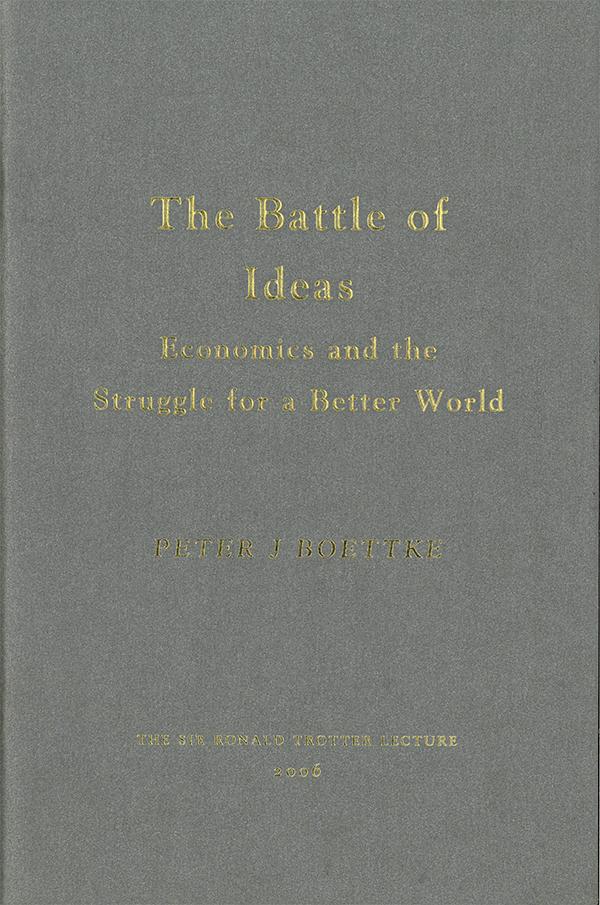In An Inquiry into the Nature and Causes of the Wealth of Nations, Adam Smith argued that there was a virtuous circle that led to increased prosperity. The source of economic growth and development was the gains from specialisation and trade realised through the greater division of labour and the expansion of the market economy. The division of labour was limited by the extent of the market. But, as the market expands, the division of labour is refined even further and the gains from specialisation increase productivity further again. There are, in other words, increasing returns to the expansion of the market arena. This Smithian virtuous circle counteracts any tendency toward being caught in the Malthusian trap of subsistence levels of production and represents, instead, the progressive march of modernity.
In the lectures and notebooks that he used in writing his great treatise, Smith summarised his position in the following manner: "Little else is requisite to carry a state to the highest degree of opulence from the lowest form of barbarism, but peace, easy taxes and a reasonable administration of justice: all the rest being brought about by the natural course of things" (1976a [1776], xl). Smith goes further and argues in the next passage that: "All governments which thwart this natural course, which force things into another channel or which endeavour to arrest the progress of society at a particular point, are unnatural, and to support themselves are obliged to be oppressive and tyrannical" (ibid).
Evidence from the history of economic development supports Smith - both in terms of the path to successful development and the consequences of steering off that path. But one must unpack the basic institutional infrastructure that serves as the background to Smith's policy prescription. Smith's system of natural liberty (or Hume's of property, contract and consent) consists of a network of complementary institutions that all serve to minimise the threat of predation from both public and private actors.



